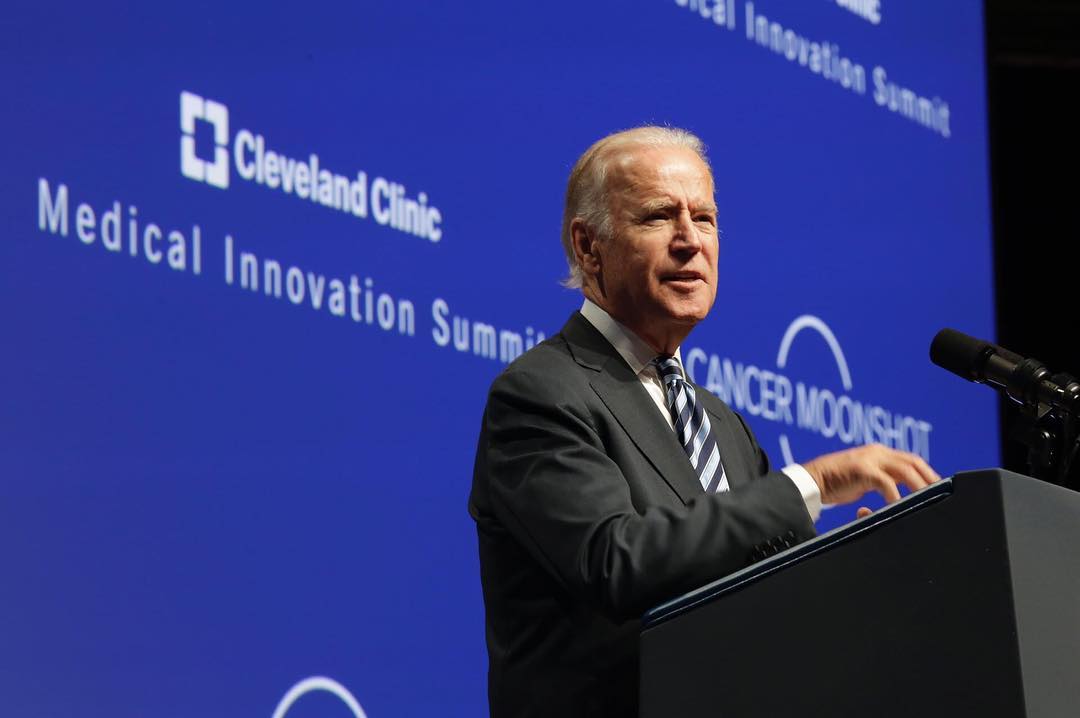In recent months, reports have surfaced alleging that the White House has taken deliberate steps to conceal President Joe Biden's cognitive decline. These measures include limiting his public interactions and assigning senior advisers to roles traditionally occupied by the President.
Strategic Limitations on Presidential Engagements
According to insiders, senior White House advisers have meticulously managed President Biden's schedule to minimize unscripted moments that could reveal signs of aging. This strategy involves restricting his daily itinerary, reducing the frequency of press conferences, and declining high-profile media appearances. For instance, the administration twice declined Super Bowl halftime interviews, which are typically opportunities to reach a broad audience.
Additionally, meetings with lawmakers and cabinet members have been limited or conducted under controlled circumstances. This approach aims to prevent situations where the President might appear unprepared or fatigued. Critics argue that such measures, while protecting the President's image, may hinder transparent communication between the executive branch and other government sectors.
Senior Advisers Assuming Presidential Duties
In light of these limitations, senior advisers have reportedly taken on responsibilities typically reserved for the President. Advisers like Anita Dunn, a long-time political strategist, have played significant roles in shaping policy decisions and communicating with stakeholders.
This delegation of duties has raised concerns about the concentration of power among a select group of unelected officials. Some administration insiders believe that this arrangement undermines the traditional functions of the presidency and could lead to a lack of accountability.
Public Perception and Media Scrutiny
The administration's efforts to manage President Biden's public appearances have not gone unnoticed. Media outlets have highlighted instances where the President appeared to struggle during speeches or interviews. For example, during a press briefing earlier this year, President Biden mistakenly referred to the President of Mexico as the leader of Egypt, raising questions about his cognitive sharpness.
These incidents have fueled public debate about the President's fitness for office. Supporters argue that age-related challenges are common and do not necessarily impede effective leadership. Conversely, critics contend that the President's apparent decline could impact his decision-making abilities and, by extension, national governance.
Netizens React on Social Media
The revelations have sparked a wide range of reactions on social media platforms. Twitter user @PoliticalWatchdog expressed concern, stating, "If the President's health is declining, the public deserves transparency." In contrast, @BidenSupporter2024 defended the administration, tweeting, "Every leader has a team; it's called delegation, not concealment."
User @MediaSkeptic questioned the media's portrayal, writing, "Is this genuine concern or just another political smear campaign?" Meanwhile, @HealthAdvocate emphasized the human aspect, saying, "Aging is natural; let's approach this topic with empathy."
On the other hand, @ConstitutionalGuard raised constitutional concerns, tweeting, "If advisers are making decisions, who's really running the country?" Finally, @HistoryBuff reflected on past presidencies, noting, "We've had leaders with health issues before; the key is how it's managed."
Conclusion
The reports of the White House's efforts to conceal President Biden's cognitive decline have ignited a complex debate about transparency, leadership, and the role of senior advisers in the current administration. As the situation unfolds, it remains to be seen how these revelations will impact public trust and the functioning of the executive branch.



 Trump Endorses Japan’s Sanae Takaichi Ahead of Crucial Election Amid Market and China Tensions
Trump Endorses Japan’s Sanae Takaichi Ahead of Crucial Election Amid Market and China Tensions  NATO to Discuss Strengthening Greenland Security Amid Arctic Tensions
NATO to Discuss Strengthening Greenland Security Amid Arctic Tensions  Ukraine-Russia Talks Yield Major POW Swap as U.S. Pushes for Path to Peace
Ukraine-Russia Talks Yield Major POW Swap as U.S. Pushes for Path to Peace  Trump Allows Commercial Fishing in Protected New England Waters
Trump Allows Commercial Fishing in Protected New England Waters  U.S. Announces Additional $6 Million in Humanitarian Aid to Cuba Amid Oil Sanctions and Fuel Shortages
U.S. Announces Additional $6 Million in Humanitarian Aid to Cuba Amid Oil Sanctions and Fuel Shortages  U.S.-India Trade Framework Signals Major Shift in Tariffs, Energy, and Supply Chains
U.S.-India Trade Framework Signals Major Shift in Tariffs, Energy, and Supply Chains  Federal Judge Restores Funding for Gateway Rail Tunnel Project
Federal Judge Restores Funding for Gateway Rail Tunnel Project  Missouri Judge Dismisses Lawsuit Challenging Starbucks’ Diversity and Inclusion Policies
Missouri Judge Dismisses Lawsuit Challenging Starbucks’ Diversity and Inclusion Policies  Nighttime Shelling Causes Serious Damage in Russia’s Belgorod Region Near Ukraine Border
Nighttime Shelling Causes Serious Damage in Russia’s Belgorod Region Near Ukraine Border  UAE Plans Temporary Housing Complex for Displaced Palestinians in Southern Gaza
UAE Plans Temporary Housing Complex for Displaced Palestinians in Southern Gaza  Ohio Man Indicted for Alleged Threat Against Vice President JD Vance, Faces Additional Federal Charges
Ohio Man Indicted for Alleged Threat Against Vice President JD Vance, Faces Additional Federal Charges  Pentagon Ends Military Education Programs With Harvard University
Pentagon Ends Military Education Programs With Harvard University  New York Legalizes Medical Aid in Dying for Terminally Ill Patients
New York Legalizes Medical Aid in Dying for Terminally Ill Patients  Trump Signs “America First Arms Transfer Strategy” to Prioritize U.S. Weapons Sales
Trump Signs “America First Arms Transfer Strategy” to Prioritize U.S. Weapons Sales  China Warns US Arms Sales to Taiwan Could Disrupt Trump’s Planned Visit
China Warns US Arms Sales to Taiwan Could Disrupt Trump’s Planned Visit  Iran–U.S. Nuclear Talks in Oman Face Major Hurdles Amid Rising Regional Tensions
Iran–U.S. Nuclear Talks in Oman Face Major Hurdles Amid Rising Regional Tensions 




























